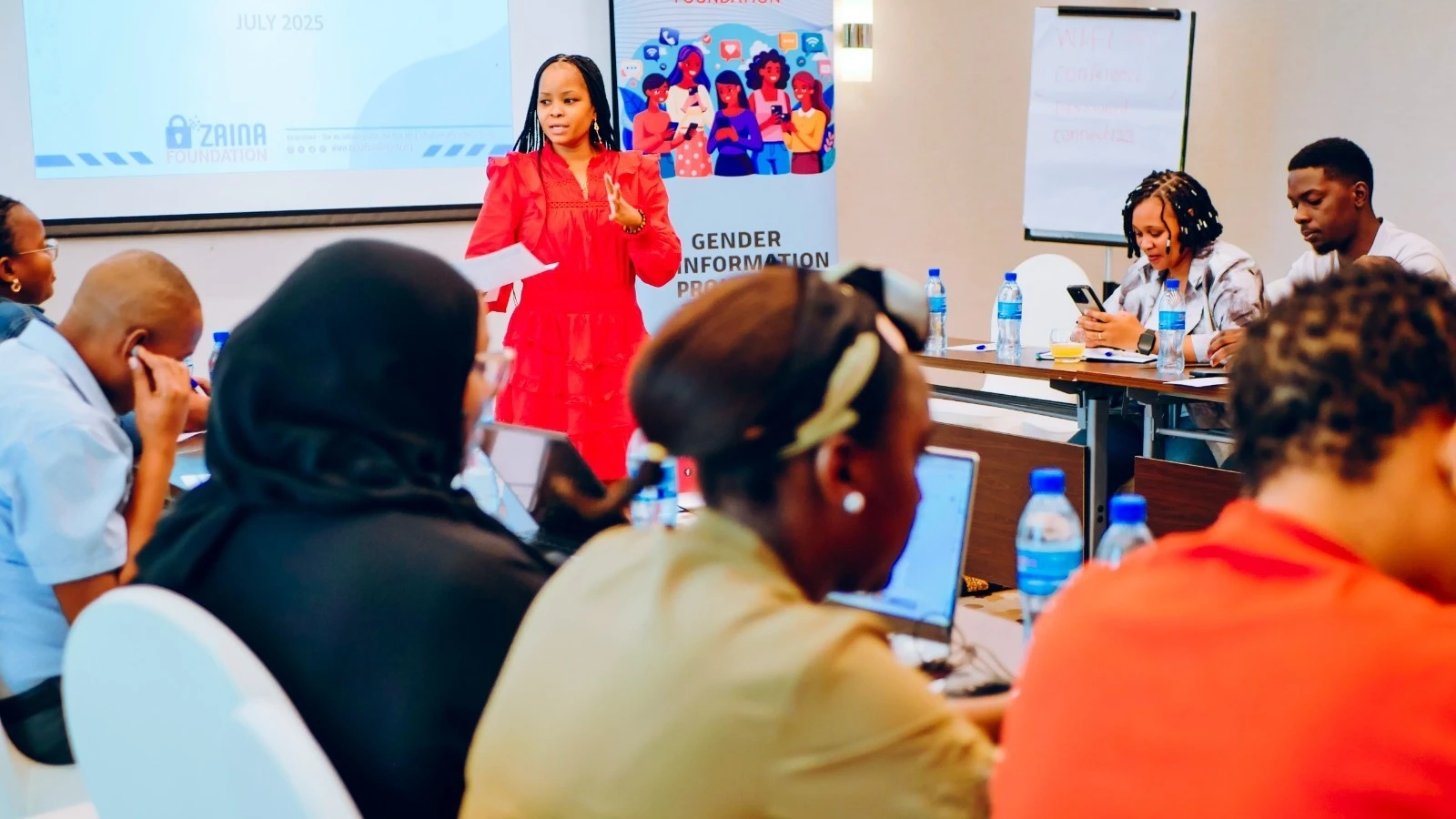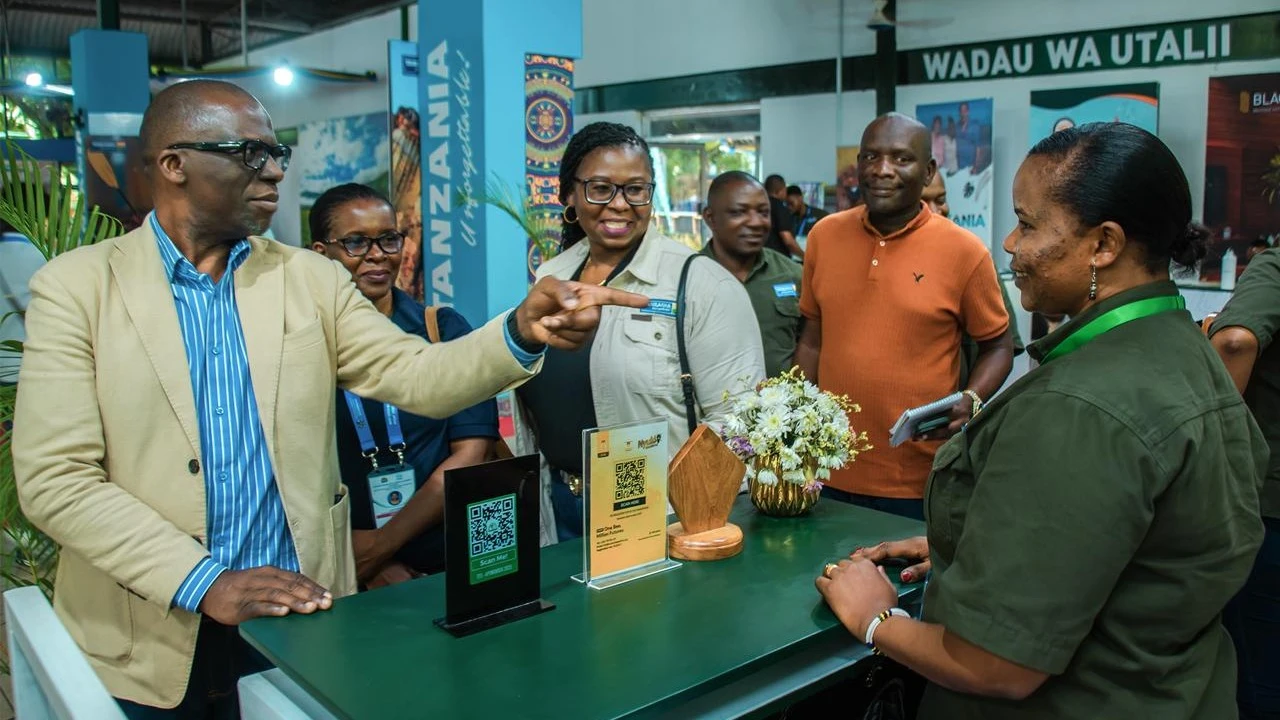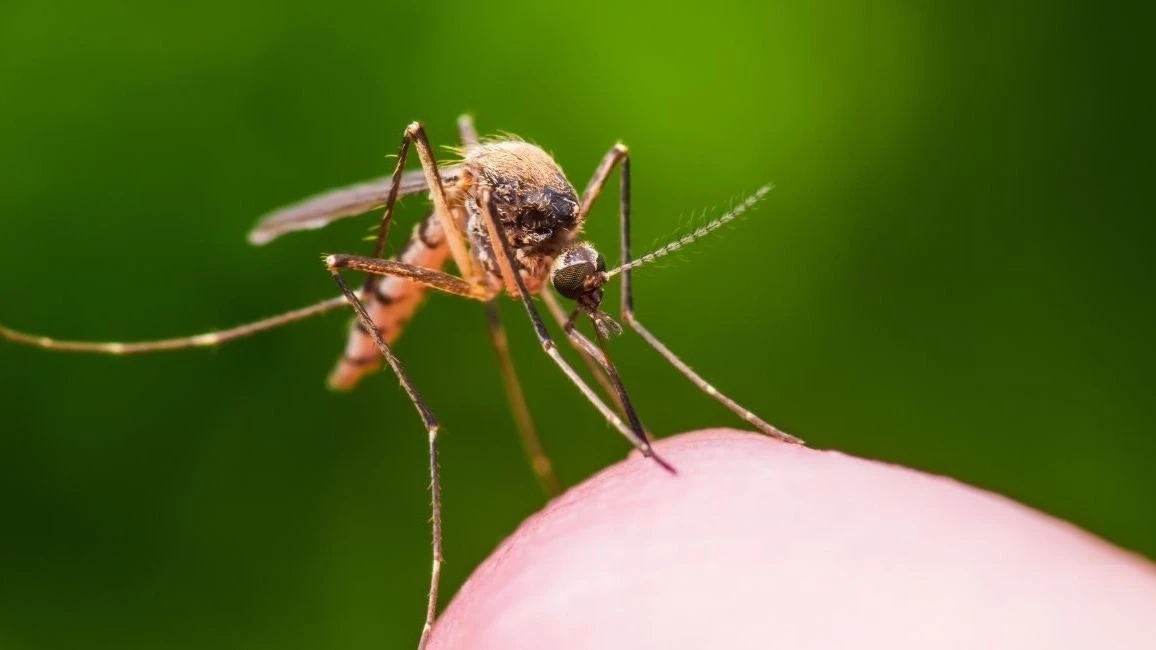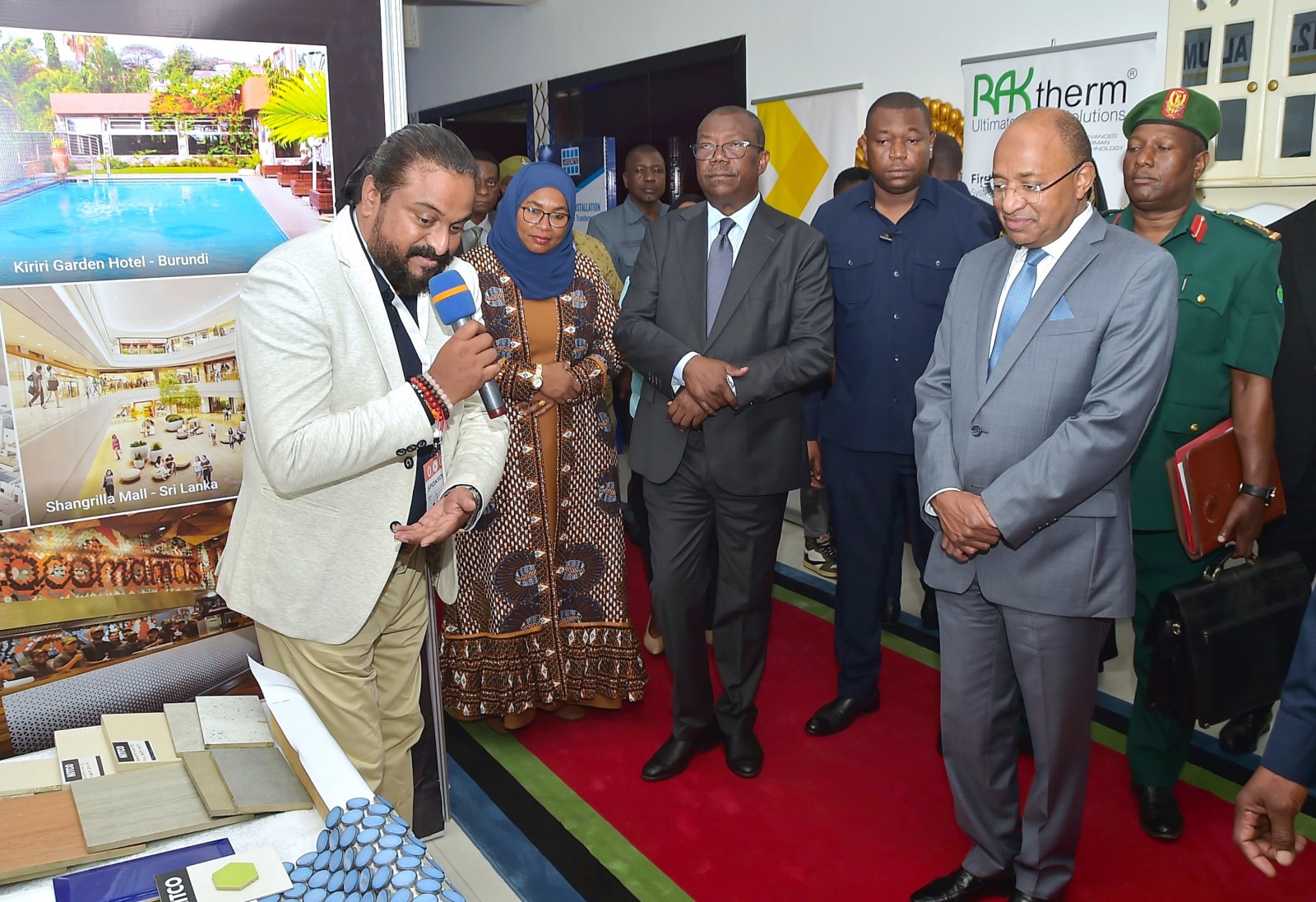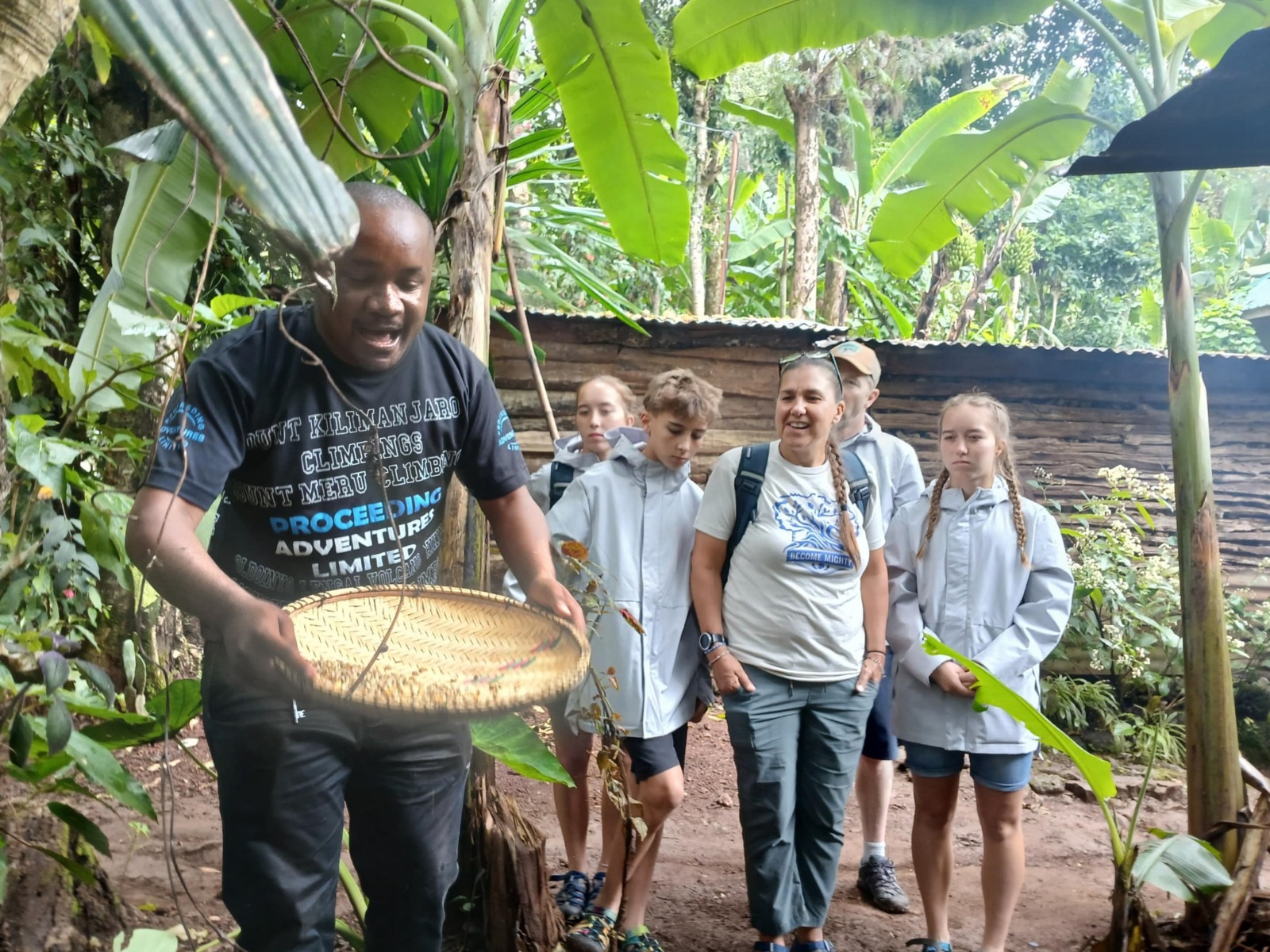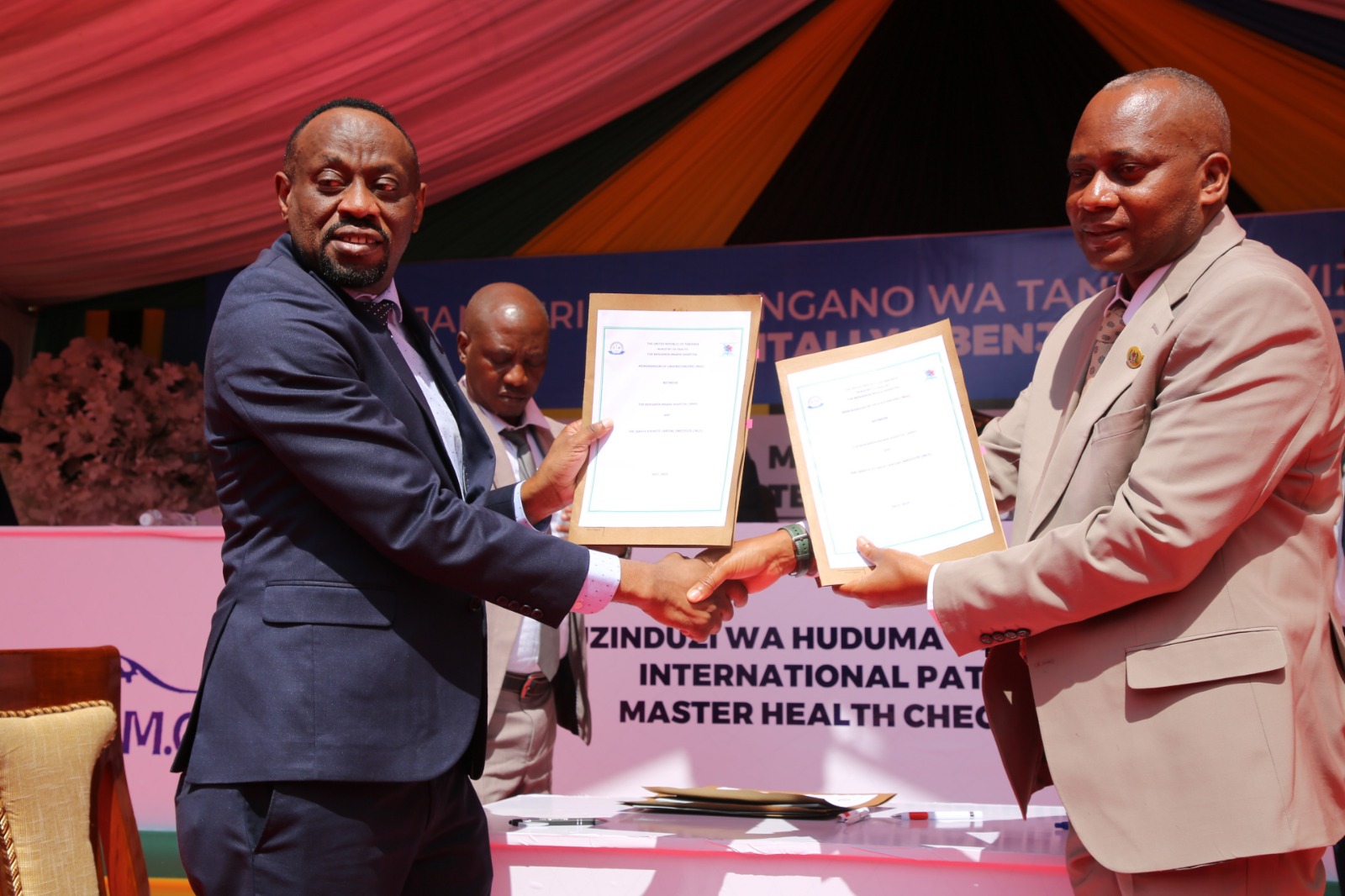Poultry farming, livestock keeping boosts rural livelihoods in Kisarawe
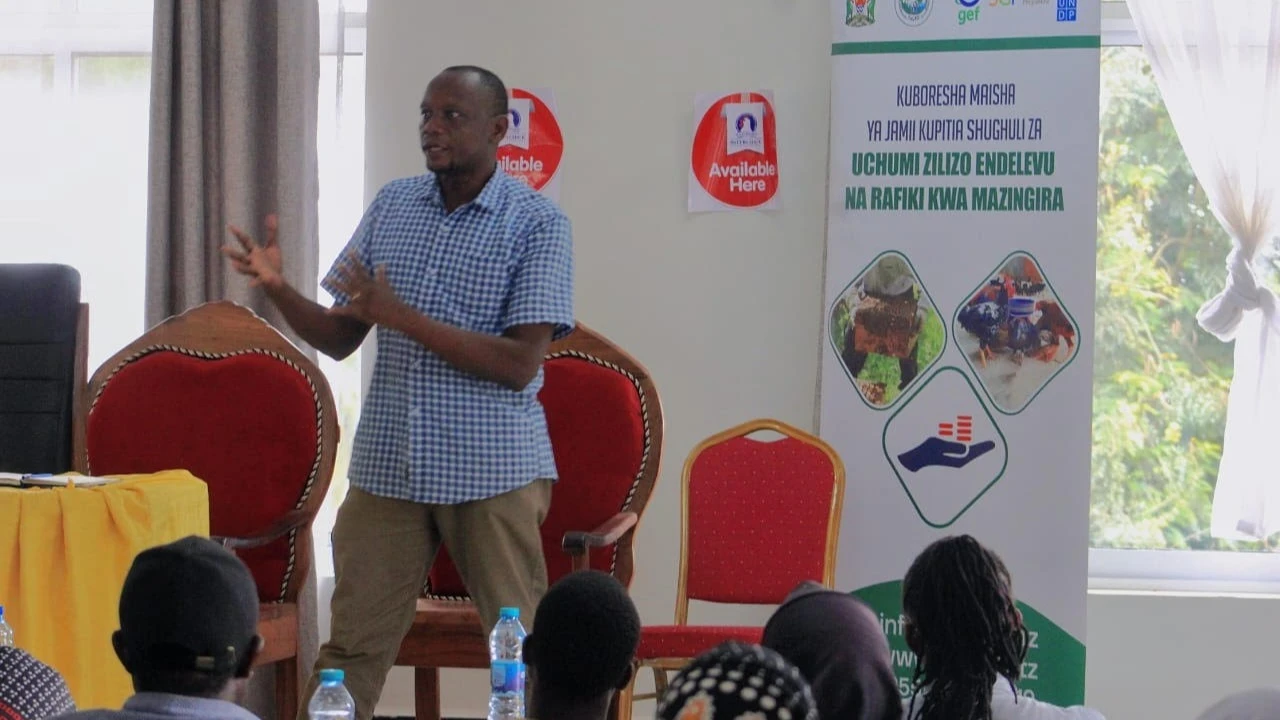
POULTRY farming and livestock keeping plays a crucial role in the livelihoods of many villagers in Kisarawe District, Coast Region. It is more than just a traditional practice—it is a vital economic activity that contributes to income generation, food security, and overall rural development.
The activity provides a steady income for many households by selling a number of animal products like milk, eggs, and hides. These earnings are used to cover basic needs such as food, school fees, health services, and farming inputs.
Animal products like meat and milk are a reliable source of protein and other essential nutrients. Families that keep livestock have easier access to nutritional meals which help improve their diets and reduce malnutrition, especially among children.
In Kisarawe, family members—especially women and youth—participate in feeding, herding, milking, and marketing. In many rural communities, including Kisarawe, livestock is tied to cultural identity. Animals are often used in ceremonies such as dowries, funerals and festivals.
Dr Emmanuel Kassian is the Livestock and Fisheries Officer in Kisarawe District; he shares his story and expertise on livestock keeping. According to him, those engaged in the sector have recorded a number of successes and had their livelihoods improved.
The Officer has mentored a number of people by providing training and leading by example, having grown his poultry business from just 40 to 1,000 chickens.
“It is possible. I repeat, it is possible. I began with 40 chickens and built a coop. After one year, I had 1,000 indigenous chickens,” he shared.
“At the time, one chicken is sold at 10,000/-. I’m a public servant, but I believe in setting an example to show others it can be done. If capital is a challenge, think of chickens—not cows—as a more affordable entry point.”
“Who among you can’t afford to start with two to ten chickens? That’s enough to grow into 50,” Dr Kassian told participants during a recent training session with residents from six villages surrounding the Pugu-Kazimzumbwi Forest Reserve.
Participants came from Maguruwe, Kazimzumbwi, Mwanzo Mgumu, Chambasi, Msimbu, and Kibaoni villages whereas before the training they were provided with over 300 free chickens donated by the Tanzania Landscapes Restoration Organization (TaLRO).
“I hope this session becomes a real-life example. It’s possible. People I’ve trained before cried in the beginning, but later succeeded—even built houses. Start small, then grow. Have you ever wondered why in Dar es Salaam, chicken is always ready at food counters? Where do they come from?”
“Dar es Salaam has a huge market for chicken, and it’s just five kilometers from Kisarawe. Yet poultry is transported from far-off regions to be sold there, while we—right next door—do nothing,” he added, urging locals to shift away from forest-dependent income sources, which harm the environment and are unsustainable.
He said: “Let’s teach our children poultry farming. One day the government might impose fines on charcoal users. Poultry farming is profitable, especially now when demand keeps rising. Don’t say chickens die—people die too, yet we still take medicine,”
“The key is proper management—timely vaccinations, treatment when needed, and completing doses. Skipping treatment leads to drug resistance and viruses that can affect humans too, because we’re all interconnected,” he explained.
Health tips from experts
Dr David Comalla, a veterinarian from Interchick, backed his colleague’s message and emphasized the basics—vaccination, early detection of viral diseases, and hygiene.
“As a poultry farmer, your coop must be clean, well-ventilated, and feed must be aflatoxin-free. Temperature control is critical,” he said.
“Chicks require special care from the time they are transported. Move them early in the morning or late evening to prevent heat stress. Watch for viral infections like avian flu. Don’t estimate coop temperature by hand—use a thermometer. The ideal temperature for chicks is 33°C. Anything below 26°C is unsuitable.”
Among the 300 recipients were 15 widows. Asha Tingo, Chairperson of the Kisarawe Widows Association—which supports around 300 women—shared her appreciation:
“These lessons taught us the importance of productive poultry farming. Before, we lacked the knowledge, and that kept us in poverty. Now we’re learning to farm professionally.”
Stakeholder support
Dr Elikana Kalumanga, Technical Advisor (Volunteer) with TaLRO, explained the purpose of the initiative, funded by the UN Development Programme (UNDP) under the GEF-Small Grants Programme:
“Our goal is to help forest-adjacent communities create alternative, climate-resilient income sources. When farming fails due to floods or drought, people turn to the forest. This project offers eco-friendly, low-capital ventures for youth, women, and elders—poultry being one.”
“We’ve also partnered with Interchick to ensure these communities have a reliable market even after the project ends.”
Kisarawe District Commissioner, Petro Magoti who closed the training and supervised the chicken distribution exercise, praised stakeholder’s efforts to empower residents, particularly the widows, by promoting eco-friendly income opportunities.
“I commend these stakeholders for providing chickens to low-income villagers to help them generate income. This supports government efforts. Widows shouldn’t cry over losing husbands—they should raise chickens and earn a living,” said Magoti.
Top Headlines
© 2025 IPPMEDIA.COM. ALL RIGHTS RESERVED












